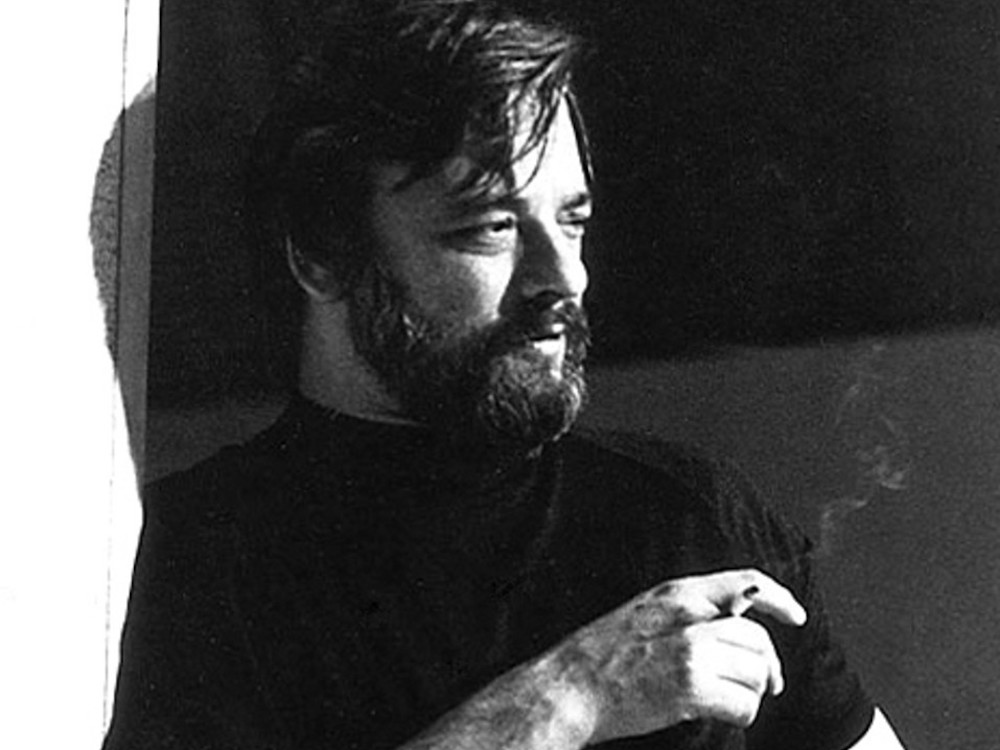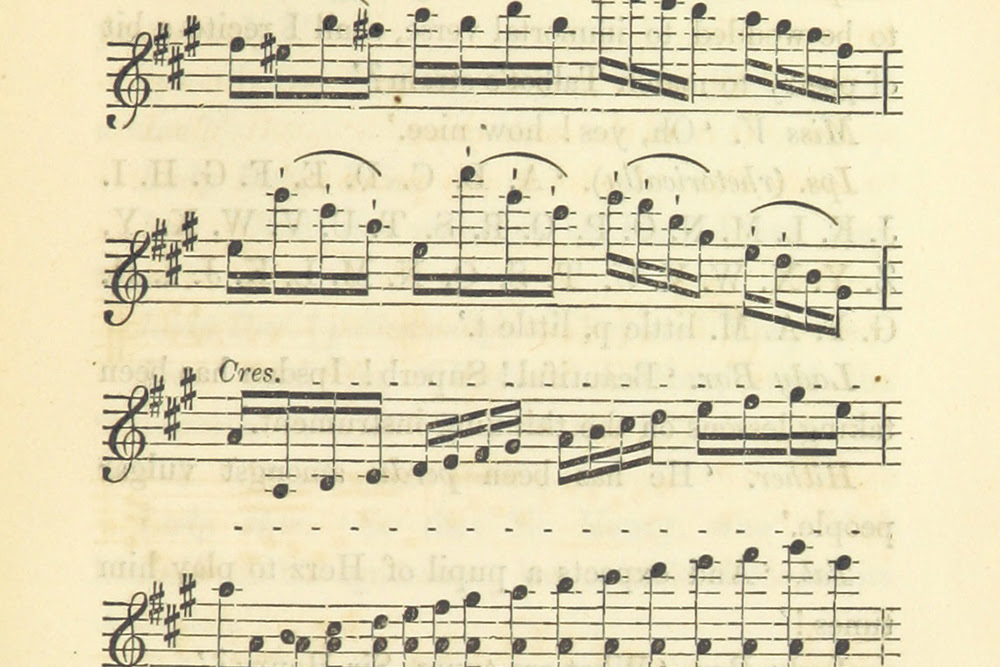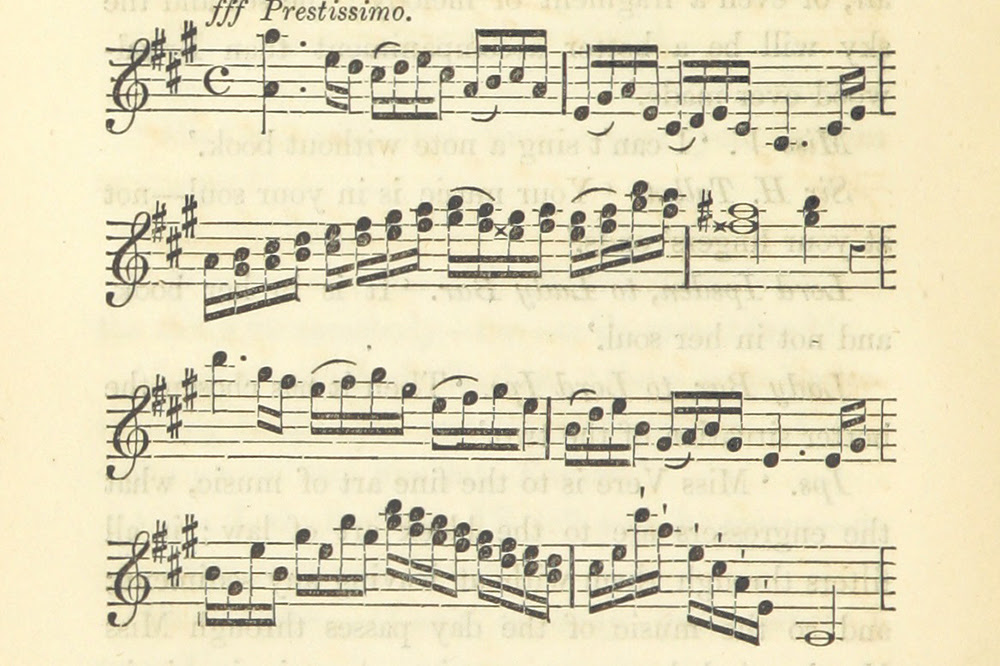Every week, the editors of The Paris Review lift the paywall on a selection of interviews, stories, poems, and more from the magazine’s archive. You can have these unlocked pieces delivered straight to your inbox every Sunday by signing up for the Redux newsletter.
This week, The Paris Review is humming a little tune. Read on for Stephen Sondheim’s Art of the Musical interview, Sigrid Nunez’s “The Blind” (the first chapter of her novel The Friend), and Eamon Grennan’s poem “Musical Interlude.”
If you enjoy these free interviews, stories, and poems, why not subscribe to The Paris Review? Or take advantage of our new subscription bundle, bringing you four issues of the print magazine, access to our full sixty-seven-year digital archive, and our new TriBeCa tote for only $69 (plus free shipping!). And for as long as we’re flattening the curve, The Paris Review will be sending out a new weekly newsletter, The Art of Distance, featuring unlocked archival selections, dispatches from the Daily, and efforts from our peer organizations. Read the latest edition here, and then sign up for more.
Stephen Sondheim, The Art of the Musical
Issue no. 142, Spring 1997
Some lyrics read well because they’re conversational lyrics. Oscar’s do not read very well because they’re colloquial but not conversational. Without music, they sound simplistic and written. Yet it’s precisely the hypersimplicity of the language that gives them such force. If you listen to “What’s the Use of Wond’rin’ ” from Carousel, you’ll see what I mean.
The Blind
By Sigrid Nunez
Issue no. 222, Fall 2017
Last night, in the Union Square station, a man was playing “La vie en rose” on a flute, molto giocoso. Lately I’ve become vulnerable to earworms, and sure enough the song, in the flutist’s peppy rendition, has been pestering me all day. They say the way to get rid of an earworm is to listen a couple of times to the whole song. I listen to the most famous version, by Edith Piaf of course, who wrote the lyrics and first performed the song in 1945. Now it’s the Little Sparrow’s strange, bleating, soul-of-France voice that won’t stop.
Musical Interlude
By Eamon Grennan
Issue no. 154, Spring 2000
Cragflower. Music of the sea.
…….The flower still standing
in its tormented place.Morning full of voices. Mourning too.
…….Mahalia singing On My Way
and making it to Cay-nen Land.On a rock, sit, listen to Bjorling
…….sing Only a Rose
over your friend’s ashes …
And to read more from the Paris Review archives, make sure to subscribe! In addition to four print issues per year, you’ll also receive complete digital access to our sixty-seven years’ worth of archives. Or take advantage of our new subscription bundle, bringing you four issues of the print magazine, access to our full sixty-seven-year digital archive, and our new TriBeCa tote for only $69 (plus free shipping!).
from The Paris Review https://ift.tt/3nqK5u0



Comments
Post a Comment